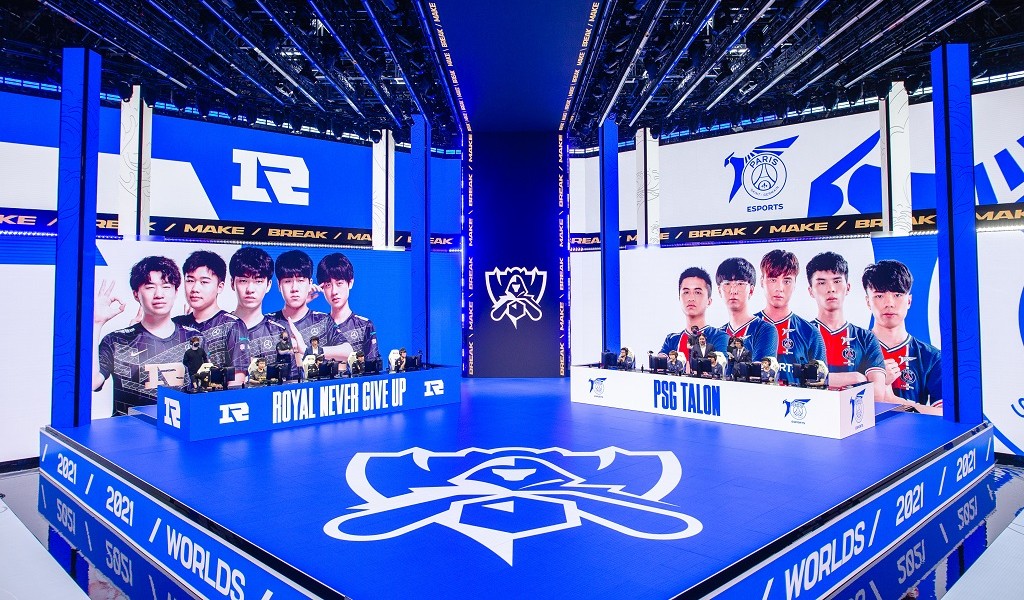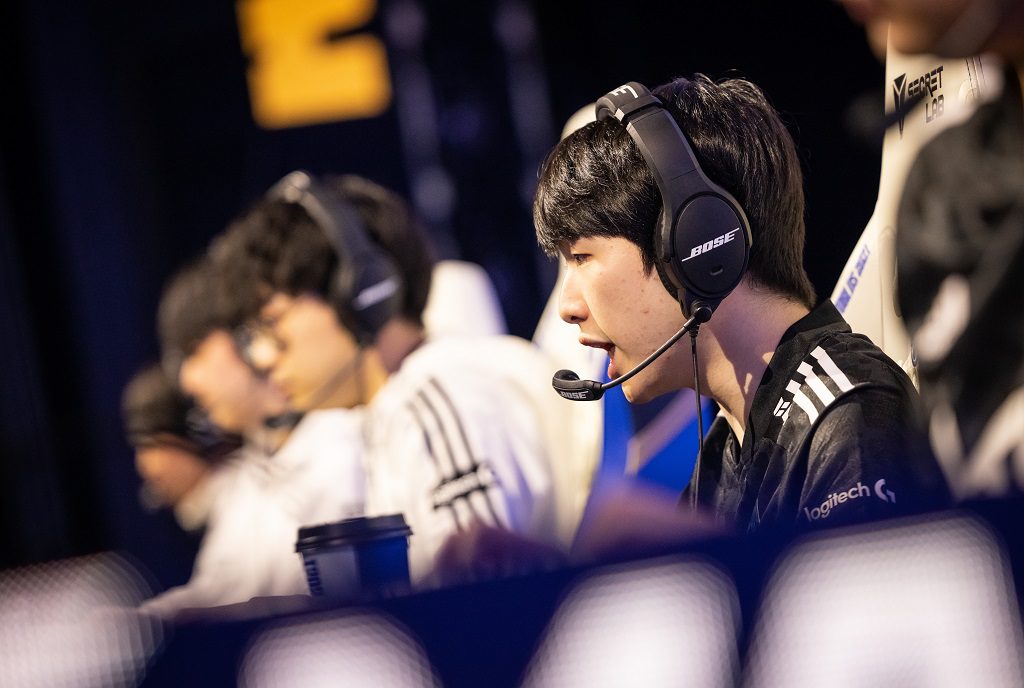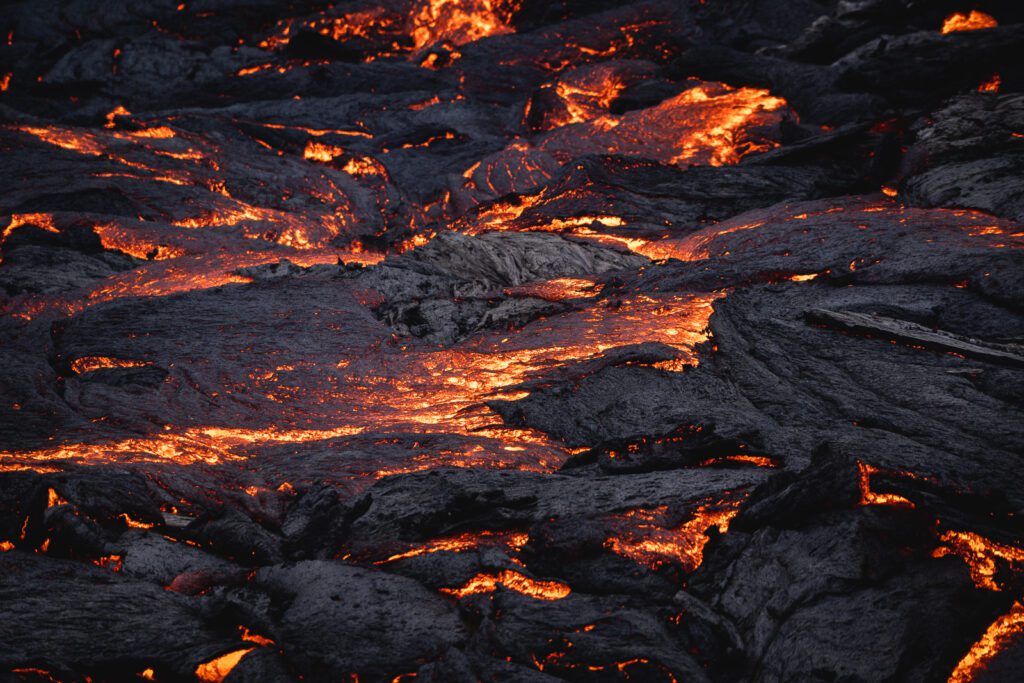
Sports Tourism Media jumped at the opportunity to interview Ólafur Steinarsson, founder of the Icelandic Esports Association. He has built the country’s esports industry from scratch in a sustainable and progressive way and Iceland has now become a global stage for world renowned esports events. This has been instrumental to Meet in Reykjavik’s growth strategy of attracting large scale global events to Iceland’s capital city.
How do you aim to build esports sustainably, when your goal is for Iceland to be a top-five esports nation by 2025?
When we talk about building a sustainable esports ecosystem in Iceland, we mean that it is self-sustained from a revenue standpoint and is able to generate talent and populate the local ecosystem with players willing and able to compete at the top level. With this we believe we can achieve results in esports like we have in traditional sport throughout history. A massive problem in most esports ecosystems is the fact that they are poorly monetised at the expense of the service level for participants. Poorly operated tournaments, low quality broadcasts and ineffective training programs are common in this space. This is not due to incompetence but simply a lack of funding and the ability to invest in providing better service. Most of the initiatives within esports also share the fact that they target the already engaged or competing players instead of focusing on growing the ecosystem as a whole by converting casual gamers to esports participants and fans and this is where we differ.

DAMWON KIA’s Jang ‘Ghost’ Yong-jun competes in the League of Legends World Championship quarter-finals on 24 October 24 2021 in Reykjavik, Iceland (Photo: Colin Young-Wolff/Riot Games)
What makes you confident that you can reach your goal by 2025?
We believe that by focusing on delivering true value through a grassroots esports ecosystem that appeals to a large percentage of gamers, and not just the elite ones, it is a way to shape a healthy culture around esports that will deliver us to our goal. Through the revenue generated at the grassroots level, we can pay coaches’ salaries and increase their education while investing more in building esports infrastructure in the country, raising the service level for all. Within just three years we have already achieved a few things we are proud of.
- Iceland boasts among the highest ratio of self-reported esport gamers among gamers in the Nordics
- Iceland has one educated and paid youth coach for every 75 kids training esports in Iceland
- More than 3% of kids aged 6-16 in Iceland attend or are on a waiting list to attend regular esports training where they do in game, physical and mental training
- Icelandic esports participants are monetised above $100 per participant, per year and are happy with the value they receive in return
- Iceland has hosted three massive international events in 2021 and we are working on doing more
- Around 8-10% of people in Iceland tune into local esports content every month
- Around 1% of the country competes in esports tournaments within the Icelandic Esports Association
With all this combined I think we can already make a case that Iceland is well on its way to achieving this goal in a few categories just three years after the formation of the Icelandic Esports Association. Looking into the future we have more government support than ever and with the stigma of video games largely broken in the country we are optimistic on continuing to move fast in the years to come.
Why do you feel esports is such an integral piece of the puzzle for Meet in Reykjavik’s growth strategy
In Reykjavík, you’ll find the sweet spot most esport event producers are looking for between a backdrop scenery you won’t find anywhere else in the world, state of the art infrastructure, production service crews that have played an important role in major esport events, films and TV programs in recent years. Iceland is widely known as an exciting and adventurous travel destination. However, Iceland is less known as a home to a burgeoning tech industry, a rapidly growing gaming industry, and a great place to live long and prosper. So, we believe we have a lot to offer, and we know we can operate on the highest level as our cooperation with Riot Games in 2021 shows.
When you bid and won the right to host the 2021 League of Legends, what did the organisers see in Reykjavik to place the event in your country?
Throughout the bidding process, the Covid status from country to country was of course a big consideration. Thus, Reykjavík and Iceland had a great case for being one of the safest places in the world to host the event. But even though Covid concerns were a part of what led to the conversation happening, once the dialogue had started we were able to share and discuss all the other reasons for doing the event in Reykjavík that until that point we had not been able to promote towards esports organisers. These include things like great internet infrastructure, green electric energy, plenty of venue options, good accommodation, agility in working with the government and great local talent for event support, all of which eventually played a role in Riot deciding to bring the events to Iceland.

Lava at Geldingardalir volcanic eruption
Esports is a huge opportunity for the MICE industry, and the best example of ‘Festivalising’ an event, is the MICE industry doing enough for esports in your opinion?
There is room for improvement within the MICE industry for this massive growing sector. Esport production companies are a very demanding segment of the market; they need specific logistical, technical, and production support. To be able to compete for eSports events, you need the proper infrastructure and skillset available at the destination. Iceland has that.
We have started seeing dedicated initiatives in certain markets around attracting and servicing esports events with great success. It has however been a weird couple of years due to the global pandemic and it will be interesting to see if the MICE industry exits the pandemic with a newfound appreciation and focus on servicing and facilitating esports events. The events in Iceland during Covid have definitely served to educate our local ecosystem on the opportunities that lie in esports in the future at least.
For more information see Meet in Reykjavik
